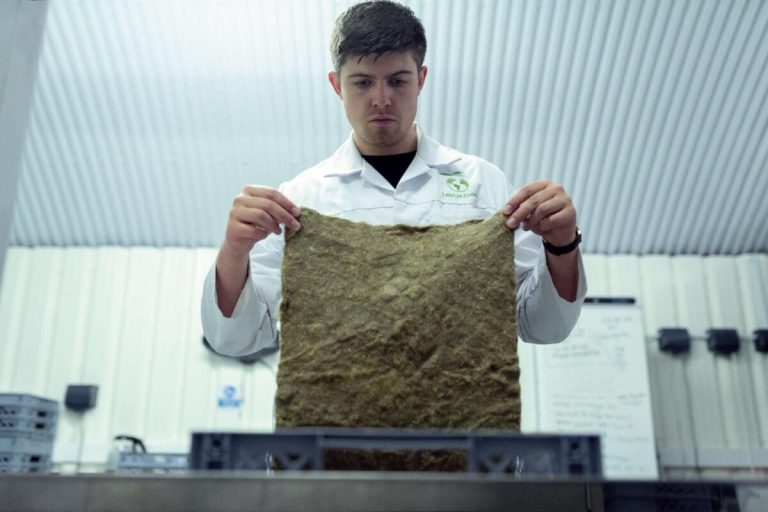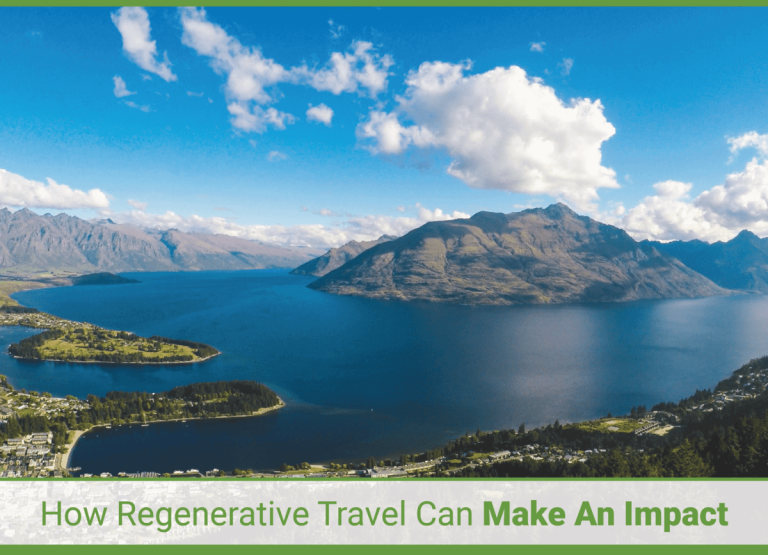
People have instant access to more scientific information than ever before. With social media, open academic resources, and plenty of free online science publications, there are many opportunities for scientists and sustainability professionals to communicate their work to the public.
However, this wealth of information comes with an expanded need for careful and accessible science communication. Through science journalism, government and policy discussions, community campaigns and more, skillful science communications can help people better understand the world around them and ensure that social and political decision-makers are guided by strong evidence. A Master’s in Professional Science which focuses on Sustainability, such as that offered online through Unity College, is an excellent opportunity for science and sustainability professionals to develop their communication skills and contribute to the public discourse on science and sustainability.
Getting a Master of Sustainability Helps You Present Facts with Fair Context
One of the main factors that can make science communication difficult is that the true meaning or significance of scientific facts and data is not always clear to the general public or anyone without specific expert knowledge. This can lead to information being misinterpreted and consequently misrepresented, which only inspires further confusion between proven facts and subjective interpretations.
The M.S. in Professional Science at Unity College places science communication at the front and center with the core Communication for Science Professionals module. Students are able to get hands-on experience by developing a portfolio of media materials for different audiences, and also study communication, technology, and policy strategies that can help ensure that scientific information is being presented in a manner that minimizes the risk of misinterpretation. Armed with these skills, Master of Sustainability grads are in a great position to make valuable contributions to science communication, whether they are presenting research to the press or producing scientific media themselves.
Use Your Master’s in Sustainable Development to Promote Media Literacy
Another aspect of science communication that is often overlooked is that it is a two-sided process: science professionals must consider how they present information, but they should also keep in mind how, and by whom, it will be received. This can be particularly important for sustainability professionals – promoting effective sustainability solutions often requires policy or behavior change, and people are more likely to participate if it is made clear why particular changes are important.
Many scientists and sustainability professionals have tried to improve the reception of scientific information through the promotion of media literacy campaigns. The idea is that if provided with accessible resources on how to read critically and identify credible information, people will be more equipped to benefit from the wide range of high quality scientific research being produced.
Graduates of a Master’s in Sustainable Development program are in a particularly good position to contribute to public media literacy because they have interdisciplinary knowledge about both scientific and social areas of expertise. For example, Unity College’s Leading Sustainable Change module guides students through the nuances of gaining social and cultural acceptance for sustainable solutions. Gaining this knowledge can help students better understand why people hold the beliefs about science that they do, making it easier to communicate scientific information in a way that aligns with the public’s concerns and values.
With a balanced understanding of how to present scientific information fairly and how to ensure that it is well-understood by the public, graduates of Sustainability Master’s programs have all the tools they need to leverage science communication for a more sustainable future.



